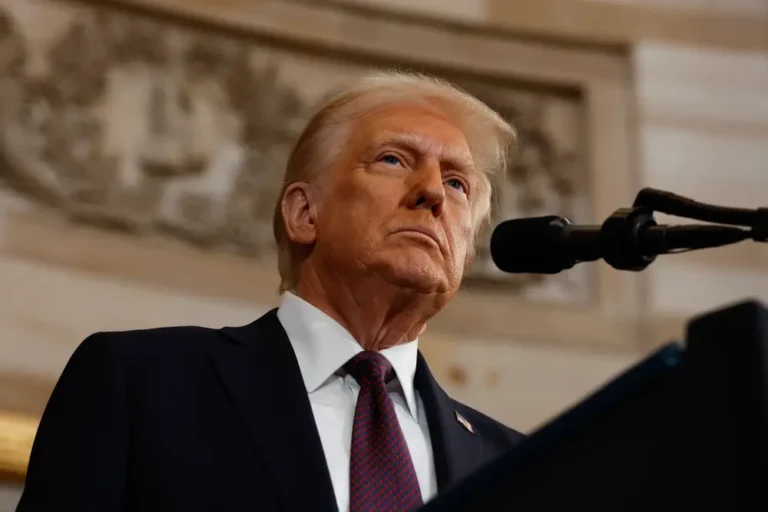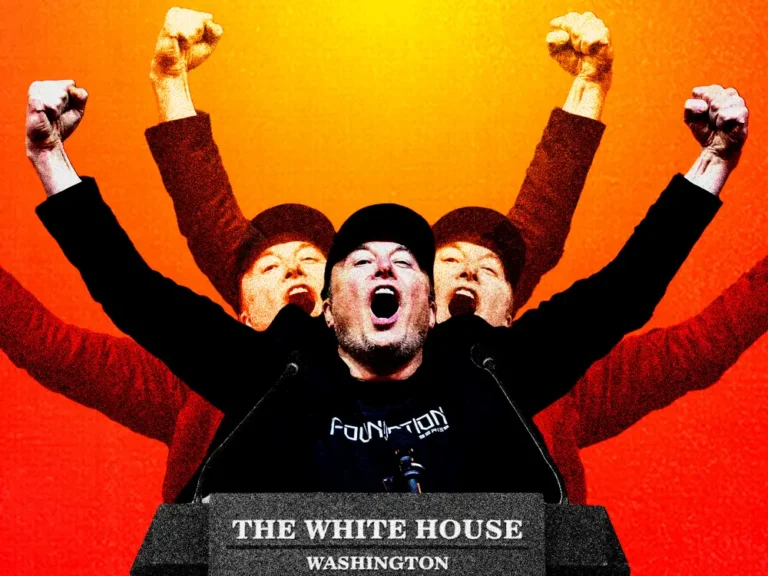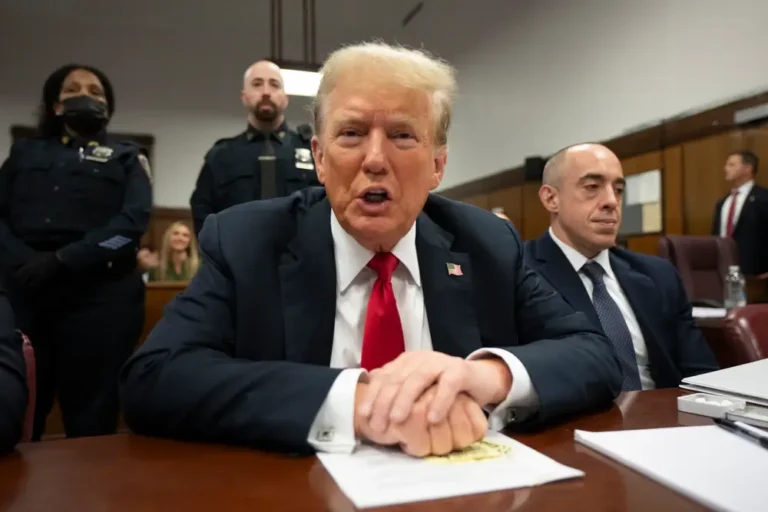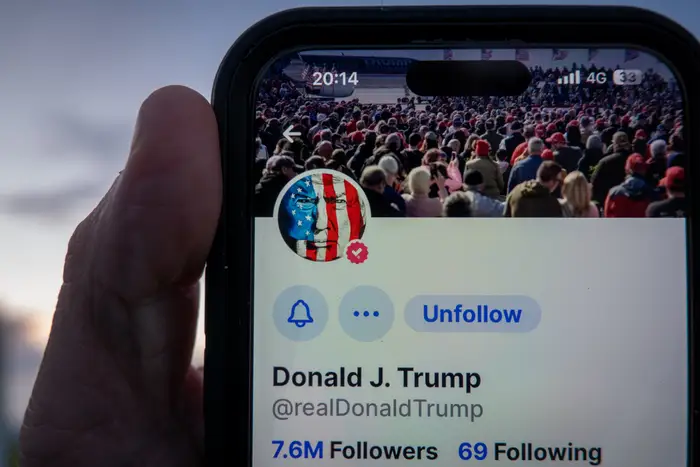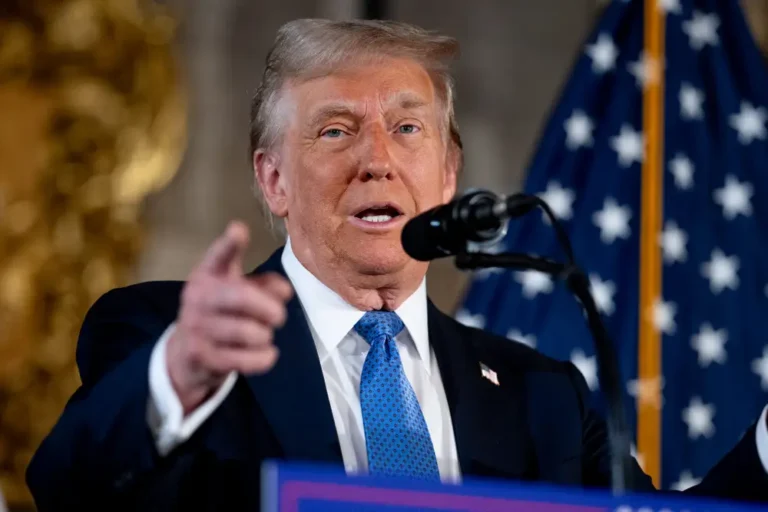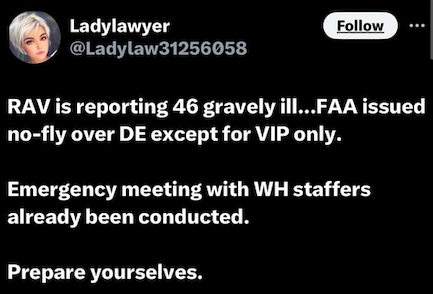Can there be too many drive-thrus? One Colorado city is considering whether to impose a limit

Golden is considering limiting — or even banning — any new drive-thru operations in the city
The venerable American ritual of palming a burger while gripping the steering wheel, as grease and ketchup drip onto shirt and lap, may soon face opposition as thick as Golden’s honey mustard sauce.
Last week, city officials began a months-long investigation into whether this 20,000-person city should limit — or even outlaw — new drive-thru operations in the name of cleaner air and better mobility for pedestrians and cyclists.
“Drive-thrus can have such an impact not only on sustainability aspirations, but also on the safety of people and drivers,” said Golden Councilman Casey Brown, who raised the issue at Tuesday’s council meeting. “And they can be difficult to manage once they’re there.”
During the pandemic a few years ago, the city discovered this the hard way when the drive-thru at a Starbucks on South Golden Road was overwhelmed due to government-ordered restaurant closures. Long lines of vehicles spilled onto the road, clogging the nearby traffic circle. The problem took nearly six months to resolve.
Councilman Rob Reed, who introduced the idea with Brown, stated that the drawbacks of drive-thrus are obvious. They necessitate massive amounts of asphalt, exacerbating the urban heat island effect that is common in many paved-over areas. More importantly, there’s the impact on air quality, with drivers spewing emissions as they rush for that crispy chicken sandwich, bank withdrawal, or venti latte.
“On days when we have ozone alerts, idling cars are a problem,” Reed explained.
And, with Golden planning to redevelop a stretch of West Colfax Avenue near C-470, a less auto-oriented approach to land-use policy could result in a significantly different feel for the western terminus of a 26.5-mile street known as America’s longest commercial strip.
“I think there is that vision that as we develop new areas, we want to make it more friendly to pedestrians and cyclists,” Reed explained.
The city will address the future of drive-thrus as part of its ongoing zoning code revision process. Reed believes Golden will not make a decision on the matter until next spring, at the earliest.
Golden would not be the first community in the country to oppose drive-thrus. Minneapolis passed an ordinance four years ago prohibiting the construction of any new drive-thru facilities in the city, citing air pollution, additional curb cuts that lead to “more conflict points between vehicles and pedestrians,” as well as litter, noise, and light impacts.
Long Beach, California, imposed a six-month moratorium on new drive-thrus around the same time Minneapolis did. Closer to home, Salt Lake City is considering a moratorium on new drive-thru windows in the city’s burgeoning Sugar House Business District, with a vote expected early next month.
Cities are re-evaluating street design, according to David Dixon, vice president of engineering and architecture consultancy Stantec, as educated “knowledge workers” take a more commanding role in the economy. According to Dixon, these young professionals have a “overwhelming preference” for “mixed-use, walkable places” reminiscent of America’s former Main Street.
“Creating lively, amenitized streets is central to unlocking significant new housing demand in these downtowns and districts,” he said. “The drive-thru takes up space that would otherwise contribute to the success of Main Street.” Customers rarely visit nearby businesses. It generates traffic that competes with traffic destined for Main Street and its businesses collectively. Its character undermines the walkability that contributes to the appeal of the larger Main Street.”
Concerns about drive-thrus are surfacing in Denver as the city considers changes to East Colfax Avenue between Broadway and Yosemite Street, where a future bus rapid transit line is expected to shift the emphasis to transit use and walkability. A prohibition on “vehicle-oriented drive-thru development” is one potential way to deemphasize car travel, according to a presentation posted by the city last month.
The goal of the changes, according to Councilman Chris Hinds, is “to celebrate that pedestrian experience by highlighting people over stuff.”
“In the 1950s, an American Friday night was literally to get in your car and cruise the strip,” he explained. “While that was great back then, we need to redouble our efforts with Vision Zero to ensure that we don’t lose any more pedestrians and cyclists in car crashes.”
“Discouraging car- (and stuff-)centric designs like drive-thrus and self-storage facilities” is one way Denver can break free from the status quo in road design, according to Hinds.
However, combating drive-thrus and the hyper-convenience they provide will be difficult. According to a Quantum Real Estate Advisors 2021 report, there are over 200,000 drive-thru operations in the United States, with Americans pulling up to a service window approximately 6 billion times per year.
The coronavirus pandemic, during which dining rooms were closed by public health order and the drive-thru lane became the safest — and sometimes only — way to pick up a meal, only cemented those habits.
Golden council member Paul Haseman wondered at last week’s meeting if the city was focusing on the right things. He pointed out that the city hadn’t received an application for a new drive-thru lane since Sonic installed one four years ago. And the chaos at the Starbucks pickup window is long gone.
In Golden, there are no Chick-fil-A or In-N-Out Burger locations, two fast-food chains known for long, snaking lines of cars filled with devoted customers looking for a protein boost. When the state’s first In-N-Out Burger opened in Aurora in late 2020, the line to get to the California-based burger joint’s drive-thru window stretched for 14 hours.
“Is this an issue for us?” Haseman enquired of his council colleagues. “I don’t think we should pursue new adventures when we already have a full plate.”
That’s why, according to Reed, the city will hold open discussions about the issue in the coming months to gauge public opinion.
“We’re not trying to make a political statement that we’re against fast food or anti-growth,” he explained. “We’re a long way from deciding that drive-thrus aren’t permitted.”

